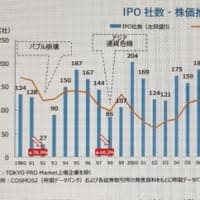Marc Levinson, Guide to Financial Markets 4th edition, Bloomberg Press:2006
what do markets do?
price setting/asset valuation/arbitrage/rasing capital/commercial trading/investing/risk management
general increase in financial-market activity
lower inflation/pensions/stock and bond market performance/risk management
institutional investors
mutual funds/hedge funds/insurance conmpanies/pension funds
rise of the formal markets
liquidity/transparency/reliability/legal procedures/suitable investor protection and regulatyion/low transaction costs
forces of change
technology/deregulatio/libelalisation/consolidation/globalisation
Bond Markets
issuers financial management strategies
minimising financial costs/matching revenue and expenses/create long-lastingbenefits avoiding putting the burden on current taxpayers/controlling risk/avoiding shortterm financial constraints
enhancing security
covenants/bond insurance/sinking funds
repurchase agreements
bond indexes
benchmark/weighted
index shortcomings
incosistency/uncertain pricing/disqualification/pooor diversification
credit default swaps
Equity Markets 株式市場
equity, quite simply, means ownership
rasing capital reamins the main functionof equity markets
types of euity: common stock(US) or ordinary shares/preferred stock/convertible preferred stock/warrants
issuing shares: flotation or initial public offering(IPO)/private offering/secondary offering
share repurchases
stock spilits
market efficiency hypothesis
price/earnings ratio
beta
return on equity
return on capital
value added
measuring return
OTC
stock exchanges
international listings
traditional auction markets
electronic auction markets, continuous or order-driven auction, computerisation
screen-based auction markets
institutional trading
block tradeds/basket trades/program trades/short sale
inveting on margin
price measures
two basic types/ averages and indexes
















